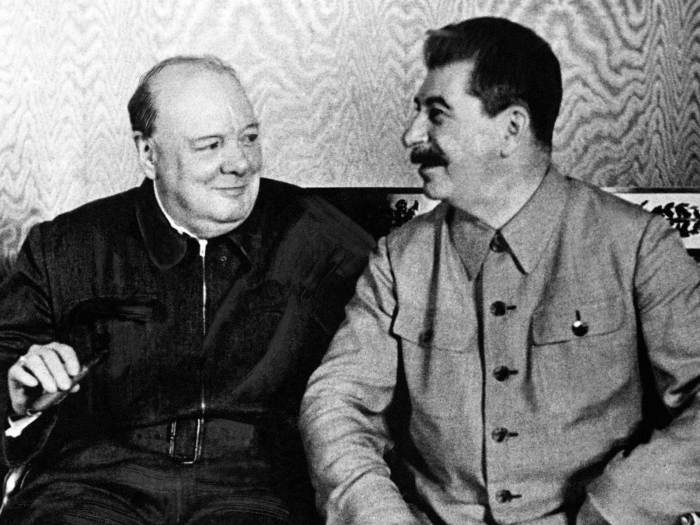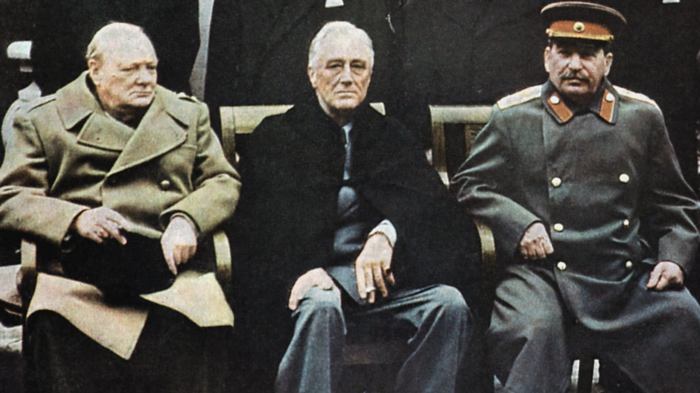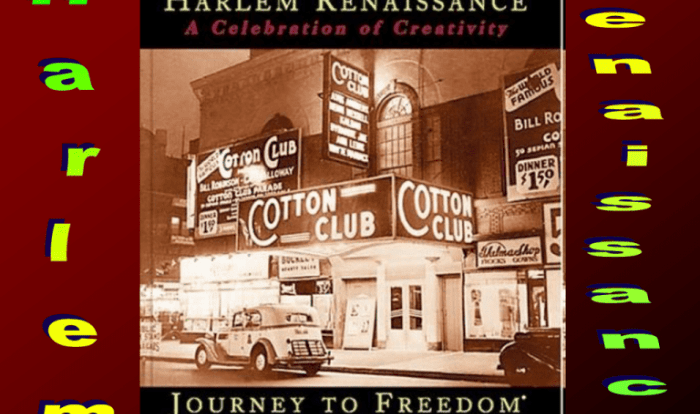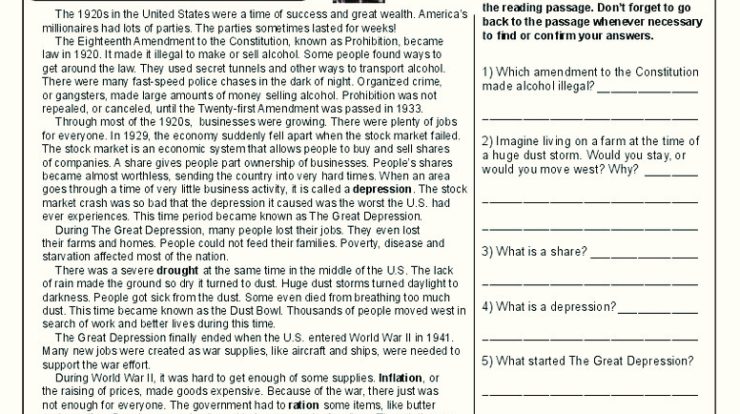The cold war churchill vs stalin worksheet – The Cold War: Churchill vs. Stalin Worksheet provides an engaging and comprehensive overview of the ideological clash between Winston Churchill and Joseph Stalin, two towering figures who shaped the post-World War II era. This worksheet explores their backgrounds, ideologies, and the pivotal roles they played in escalating and resolving major crises during the Cold War.
From the Berlin Crisis to the Cuban Missile Crisis, Churchill and Stalin’s actions had a profound impact on the global balance of power and the fate of millions. This worksheet delves into their motivations, strategies, and the consequences of their leadership, offering a deeper understanding of one of the most significant conflicts in modern history.
Churchill and Stalin: The Cold War Rivalry: The Cold War Churchill Vs Stalin Worksheet
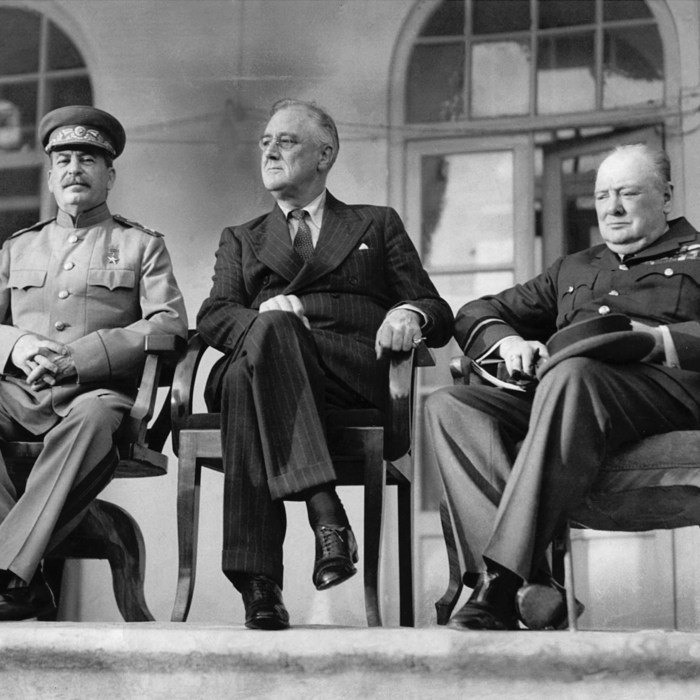
The Cold War was a period of geopolitical tension between the United States and the Soviet Union and their respective allies. It began after the Second World War and lasted until the collapse of the Soviet Union in 1991. Two of the most influential figures during this time were Winston Churchill and Joseph Stalin.
Churchill’s and Stalin’s Backgrounds
Winston Churchillwas a British politician who served as Prime Minister of the United Kingdom from 1940 to 1945 and again from 1951 to 1955. He was a strong anti-communist and played a key role in the Allied victory in World War II.
Joseph Stalinwas a Soviet politician who served as the leader of the Soviet Union from 1924 to 1953. He was a ruthless dictator who oversaw the deaths of millions of people.
Churchill’s and Stalin’s Ideologies
Churchill was a conservative who believed in the importance of individual liberty and free markets. He was also a strong supporter of the British Empire. Stalin was a communist who believed in the eventual triumph of the working class over the capitalist class.
He was also a strong supporter of the Soviet Union.
The Cold War: Origins and Escalation
The Cold War began shortly after the end of World War II. The United States and the Soviet Union emerged from the war as the two superpowers, and they quickly began to compete for global influence. The Cold War was characterized by a series of crises, including the Berlin Crisis, the Korean War, and the Cuban Missile Crisis.
Churchill played a key role in escalating tensions between the East and West. In a speech at Fulton, Missouri, in 1946, he warned of the dangers of Soviet expansionism and called for a “special relationship” between the United States and the United Kingdom.
Stalin responded by accusing Churchill of warmongering.
The Berlin Crisis
The Berlin Crisis of 1948-1949 was one of the first major crises of the Cold War. The Soviet Union blockaded West Berlin in an attempt to force the Western Allies out of the city. Churchill played a key role in resolving the crisis by rallying support for the West and by threatening to use military force if necessary.
The Korean War, The cold war churchill vs stalin worksheet
The Korean War was a proxy war between the United States and the Soviet Union. The war began in 1950 when North Korea invaded South Korea. The United States and the United Nations intervened on behalf of South Korea, while the Soviet Union and China intervened on behalf of North Korea.
The war ended in a stalemate in 1953.
Churchill was a strong supporter of the United States in the Korean War. He believed that the war was a necessary step to contain the spread of communism.
The Cuban Missile Crisis
The Cuban Missile Crisis was a 13-day confrontation between the United States and the Soviet Union in October 1962. The crisis began when the United States discovered that the Soviet Union was secretly building nuclear missile bases in Cuba. The United States demanded that the Soviet Union remove the missiles, and the two countries came close to war.
Churchill was not directly involved in the Cuban Missile Crisis, but he supported the United States’ position. He believed that the Soviet Union’s actions were a threat to the security of the United States and its allies.
The Legacy of Churchill and Stalin
Churchill and Stalin were two of the most important figures of the Cold War. Their actions had a profound impact on the course of the war and on the shape of the post-war world. Churchill is remembered as a great leader who helped to save the world from communism.
Stalin is remembered as a ruthless dictator who caused the deaths of millions of people.
FAQ
What were the main differences between Churchill’s and Stalin’s ideologies?
Churchill was a staunch anti-communist who believed in democracy and individual freedoms, while Stalin was a communist dictator who sought to spread Soviet influence globally.
How did Churchill and Stalin contribute to the escalation of the Cold War?
Churchill’s “Iron Curtain” speech and Stalin’s expansionist policies in Eastern Europe fueled mutual distrust and heightened tensions.
What were the roles of Churchill and Stalin in resolving the Berlin Crisis?
Churchill supported the Berlin Airlift, while Stalin eventually agreed to lift the blockade after diplomatic negotiations.
